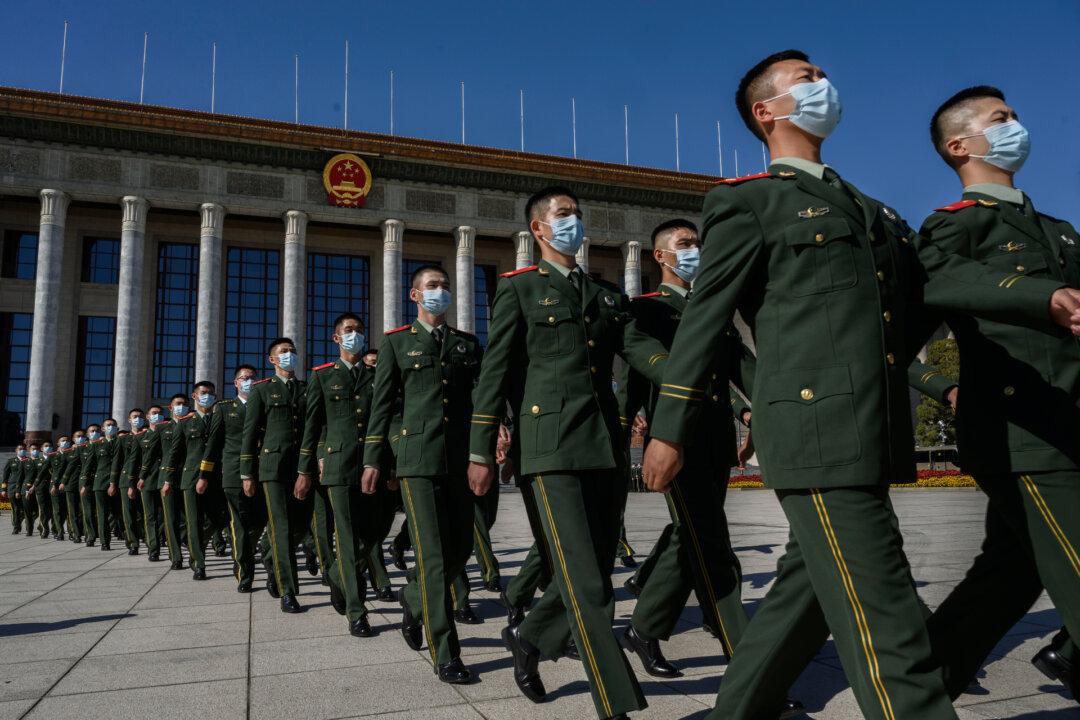Chinese leader Xi Jinping is telling China’s armed forces to focus on strengthening its combat readiness over the next five years because of domestic and international uncertainties.
In a March 9 address to delegates during Beijing’s annual legislative sessions, Xi, who heads the Central Military Commission, said that ensuring its armed forces are prepared for war should be the nation’s leading military objective.





